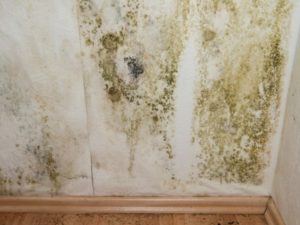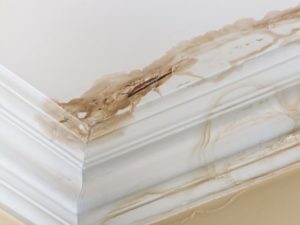Do you think that you might have a water leak? Don’t put off dealing with it because the damage that your home can experience from a water leak is substantial.
It doesn’t take long or a whole lot of water to destroy your home’s structure and your personal treasures. Time is of the essence if you think that you have a water leak.
You can save time and money if you can try and track down the leak source before the plumber arrives. Here are some dependable water leak detection tips.
Water Leak Detection DIY
As a first step to determine if you have a leak, switch off all of the faucets in your home and wait for an hour or two. If your water meter continues to climb even with the water off, you have a leak.
Look for visual affirmation that you have a leak, like:
- pooling water
- damp spots on the walls, floors, or ceiling
- hot or cold spots to the touch on the walls, floors, or ceiling
- mold growth
- moldy smell
Some leaks can occur right in your foundation or concrete slab. This is caused when the ground shifts, like during an earthquake or construction.
If you see that your floor is wet, sense a musty odor or see water pooling around your foundation, call for help right away.
The Effects of Water Damage
You are probably aware that water damage can hurt your home. But did you know that water leaks can cause similar damage to a flood?
Most water damage done to a home is caused by water leaks, and not by flooding too.
Your home’s whole structure could be threatened by damage from a water leak. Your electrical system can be destroyed.

Mold can start growing 24 – 48 hours after a leak begins.
It is very dangerous for your family to inhale mold spores, it can make you extremely sick.
Mold is one of the more serious byproducts of water leaks and it should not be taken lightly.
Preventative Maintenance
While the thought of a water leak is a little scary, you can avoid them (or at least reduce damage) by engaging in preventative maintenance.
Take care of your pipes and help them avoid stress by getting them cleaned and inspected regularly.
Check the valves on your water heater and look for leaks. Test that your toilet is airtight by placing food coloring in the tank. If the color flows into the bowl, deal with the leak.
Outside, take care that hose bibs aren’t leaky. Watch your lawn for pooling water, which could be a sign of a sewer line problem or an issue with your irrigation system.



